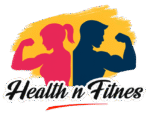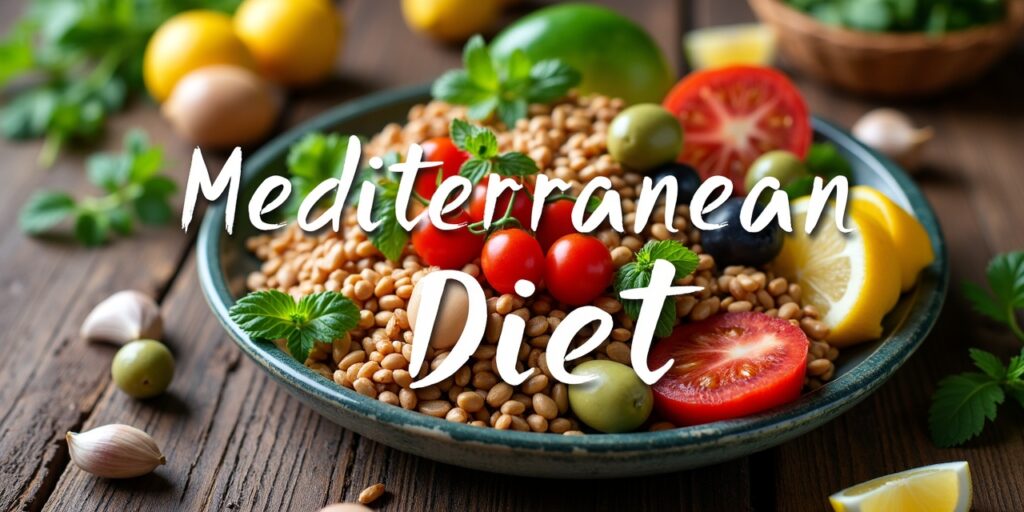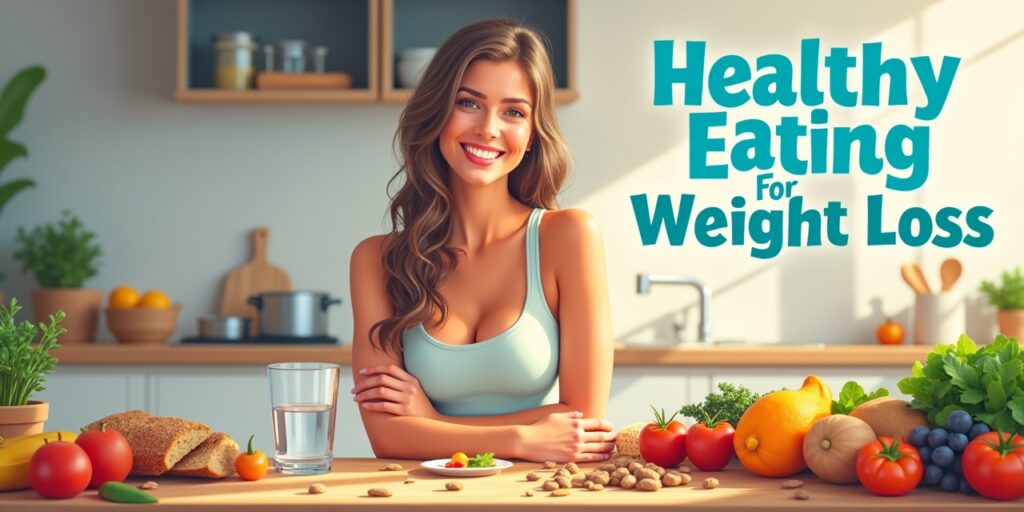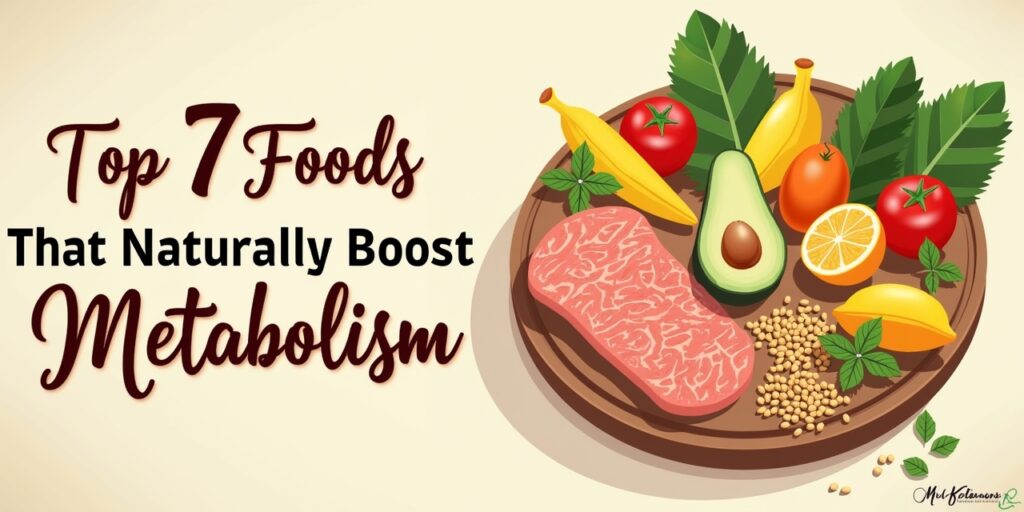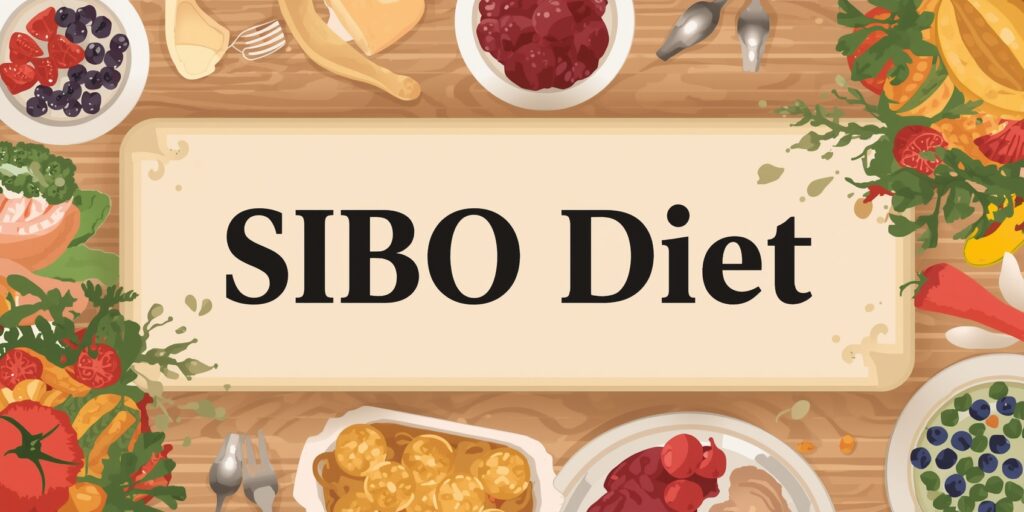In today’s fast-paced world, when convenience sometimes comes before health, it can be difficult Complete Guide to a Balanced Diet. With the increasing number of processed foods, quick fixes, and unhealthy eating habits, many people are looking for quick fixes like diet plans and supplements.

But the real secret to living a healthy life is eating a balanced diet that provides your body with all the nutrients it needs to grow and thrive. This essay will discuss in detail the components of a balanced diet, why they are important, and how to make healthy eating habits a part of your daily life.
What is a balanced diet?
A balanced diet is a diet that contains the right amounts of nutrients your body needs to function properly. This means eating a variety of foods, such as protein, carbohydrates, vitamins, minerals, and healthy fats. To stay healthy, you need all of these nutrients. Vitamins and minerals are important for a strong immune system and overall health. Protein helps muscles grow and recover, lipids are needed for cell structure and energy storage, and carbohydrates provide us with energy.
A balanced diet is like a machine that works best when all its parts work together.
The most important parts of a healthy diet
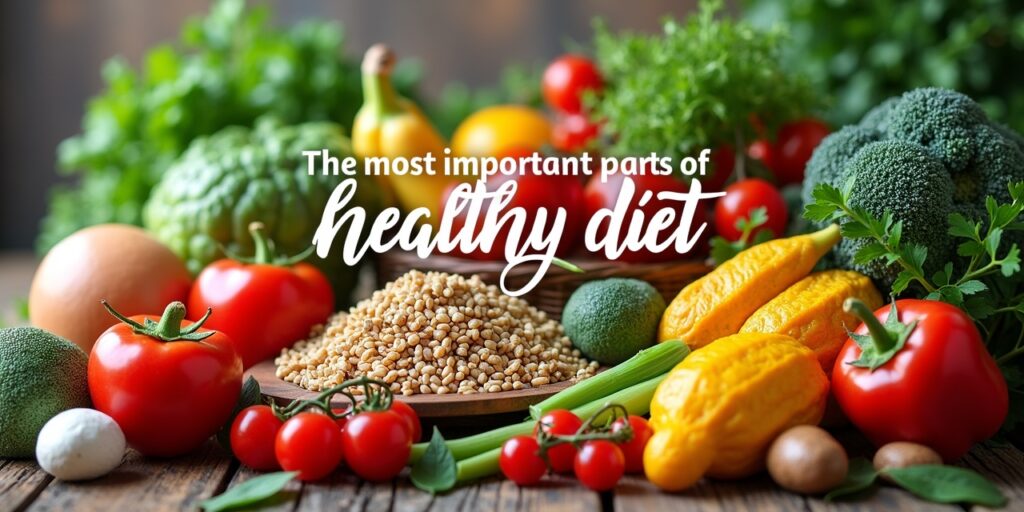
Carbohydrates – The Energy Source
Carbohydrates are the body’s main source of energy. They provide energy for everything from strenuous exercise to basic physical functions. Refined carbohydrates found in processed foods are not as good for you as complex carbohydrates found in whole grains, fruits, and vegetables. Because they break down slowly, complex carbohydrates provide you with energy over a longer period of time.
- Some examples : sweet potatoes, quinoa, brown rice, oats, and whole wheat bread.
Proteins – The Building Blocks of the Body
Protein helps make enzymes, repair tissues, and build muscle. If you don’t have enough protein, your body can’t make and repair cells properly. Lean protein sources are rich in amino acids, which are the building blocks of protein.
- Some examples : chicken, fish, eggs, beans, lentils, and tofu.
Good fats are important for cell function.
Many people believe that fats are always bad, but that’s not true. Healthy fats are actually important for producing hormones, keeping the brain healthy, and maintaining healthy cells. Choose unsaturated fats over trans and saturated fats, which are linked to heart disease.
- Some examples : avocados, almonds, seeds, olive oil, and fatty seafood like salmon.
Vitamins and minerals help your immune system function properly.
Vitamins and minerals in your body are important for its growth, development, and health. These nutrients help organs and tissues function properly. Eating a variety of fruits and vegetables on a regular basis will help you get the vitamins and minerals you need.
- Some examples : citrus fruits, berries, bananas, leafy greens, and almonds.
Read More: Change Your Diet And Make You Healthy
Water: An Essential That People Don’t Appreciate Enough
Water is one of the most overlooked parts of a healthy diet. It’s essential for flushing out toxins, digesting food, and absorbing nutrients. Not drinking enough water can make you feel tired, have headaches, and have trouble concentrating. Drinking enough water not only keeps your skin healthy, but it also helps regulate your body temperature.
- Tip: If you’re active, aim to drink eight to ten glasses of water or more each day.
How to Start Making a Healthy Diet

We now know what a balanced Diet is and what it should include. Let’s talk about how you may use these ideas in your daily life.
Here are some tips:
Plan your meals ahead of time
Planning your meals ahead of time will help you avoid the need to eat unhealthy snacks or fast food and make sure you’re getting the nutrients you need. Try to eat meals that are balanced and have proteins, healthy fats, and complex carbohydrates in them.
Add Some Variety
Eating a variety of foods will help you acquire a wide range of nutrients. Mix up your meals with a variety of fruits, veggies, grains, and protein sources to keep them fresh and healthy.
Know how big your portions are
To eat well, you need to be able to control your portions. Even if you consume a nutritious diet, eating too much might make you gain weight without meaning to. Use smaller bowls and plates to avoid eating too much without thinking.
Listen to Your Body
Eat only when you’re hungry, not when you’re bored. Mindful eating, which is paying attention to your food, chewing gently, and enjoying every bite, can help you prevent overeating and improve your digestion.
Get regular exercise
To keep a healthy diet, you need to exercise regularly. Try to get in at least 30 minutes of moderate exercise on most days of the week. This will make you healthier in general and go well with your healthy diet.
Diet Myths Busted
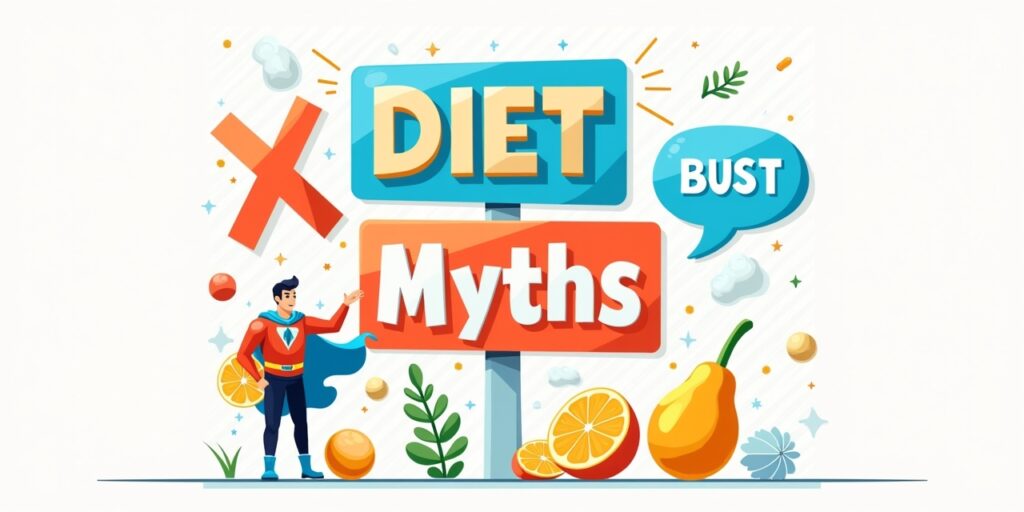
You shouldn’t eat carbs.
Carbohydrates are often badmouthed in modern Diets, yet they are actually a very important source of energy. The trick is to choose complex carbohydrates, such whole grains, which are better for you and provide you energy for a longer time.
All types of fat are bad for you.
Not all fats are the same. Healthy fats that are good for your health can be found in nuts, avocados, and olive oil. You should stay away from processed meals that have trans fats in them.
You Have to Stop Eating Sugar
It’s not necessary to stop eating sugar completely, however eating too much sugar is bad. The most important thing is to be moderate. Focus on natural sugar sources like fruits instead than synthetic sweets.
Conclusion:
To have and keep a balanced diet, you need to be careful about what you eat and how you take care of your body. It could seem hard at first, but anyone can make good adjustments if they plan ahead and stick with it. You may make your life healthier in the long run by focusing on whole, nutrient-dense foods, drinking a lot of water, and working out often. There is no one-size-fits-all diet. The most important thing is to put your health and well-being first.
FAQ
Q1. What does it mean to have a balanced diet?
healthy diet has the proper amount of water, vitamins, minerals, proteins, healthy fats, and carbohydrates. It means consuming a wide range of foods in the appropriate amounts so that your body gets the vitamins and minerals it needs to stay healthy, grow, and have energy.
Q2. Is it possible to lose weight while eating a healthy diet?
Yes, eating a balanced diet can help you lose weight in a healthy way. You may maintain your weight without feeling deprived by eating meals that are high in nutrients, regulating your portion sizes, and staying away from processed foods.
Q3. Q4.If I consume a balanced diet, do I still need to take supplements?
You don’t usually require supplements if you consume a lot of different healthful foods. But other people might need them because of health problems or dietary limitations. Before using any supplements, always talk to a doctor.
Q4. Are carbs truly bad for you?
No. Your body gets most of its energy from carbohydrates. Choose whole grains, fruits, and vegetables over refined carbs found in sweet and processed foods.
Q5. What are good fats and why do I need them?
Unsaturated fats, which are found in nuts, seeds, avocados, and olive oil, are good for your brain, assist your body make hormones, and help you absorb nutrients. Don’t eat trans fats and only eat a little bit of saturated fats.
Q6. How much water do I need to drink every day?
Most people should drink about 8–10 glasses (2–2.5 litres) of water a day, however this amount can change based on how active you are, the weather, and your own health.
Q7. Do you have to stop eating sugar completely?
No. It’s not about cutting off sugar completely; it’s about cutting back on additional sugars. It’s okay to eat fruits and dairy with natural sugars in them in moderation. Read the labels and stay away from sugary foods and drinks.
Q8. What if I don’t have time to make dinner? P
lanning and getting ready for meals ahead of time can assist. Pick meals that are easy to make and healthy that take 20 to 30 minutes to make. Have healthy snacks like fruits, almonds, and yoghurt on hand for days when you’re busy.
